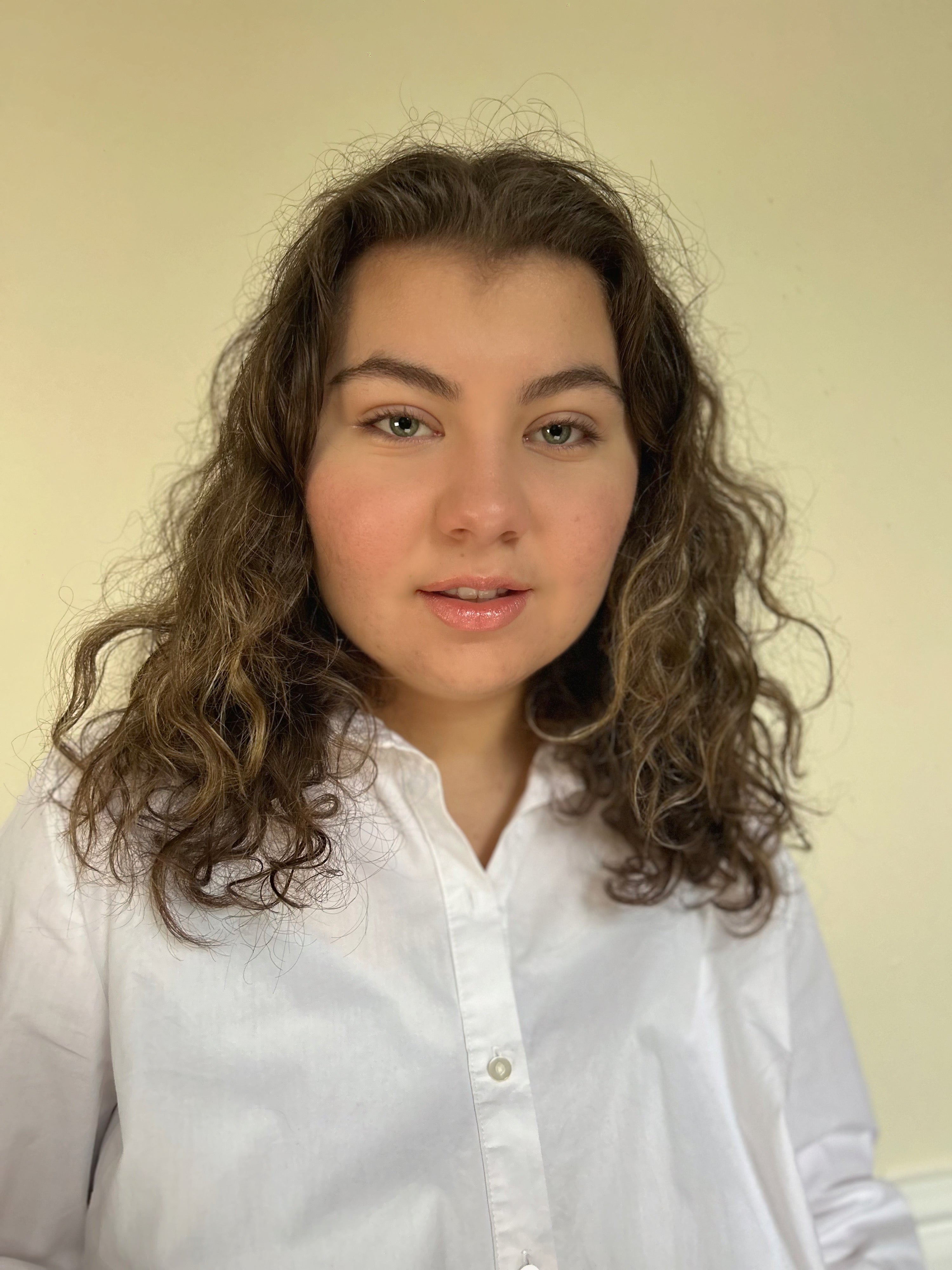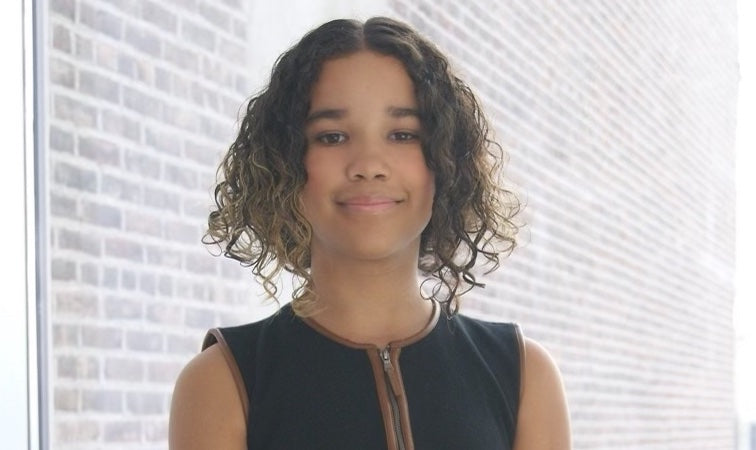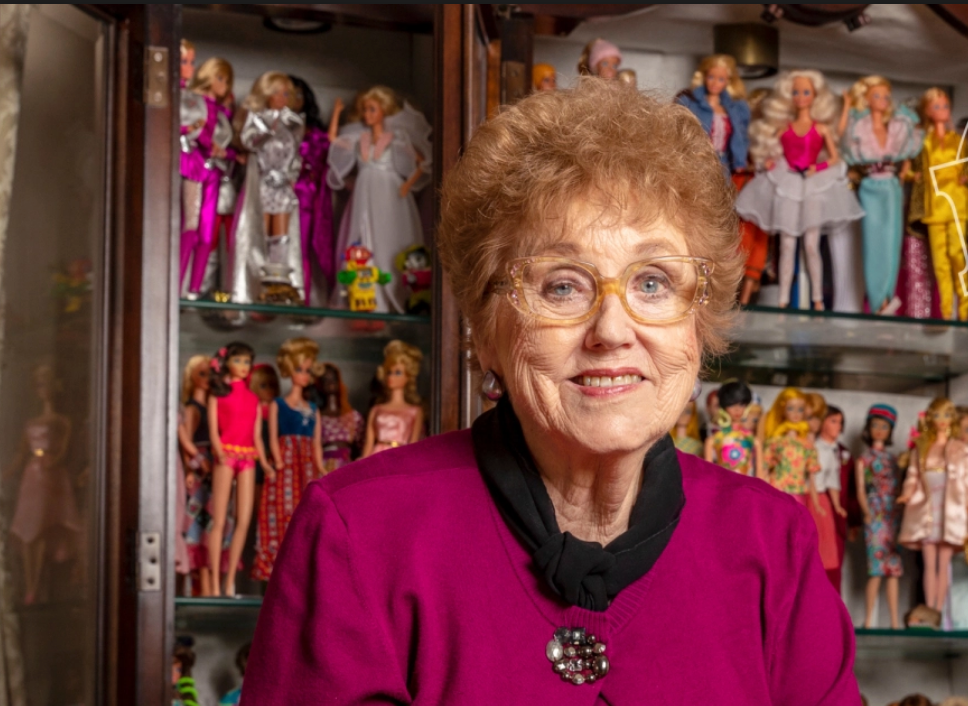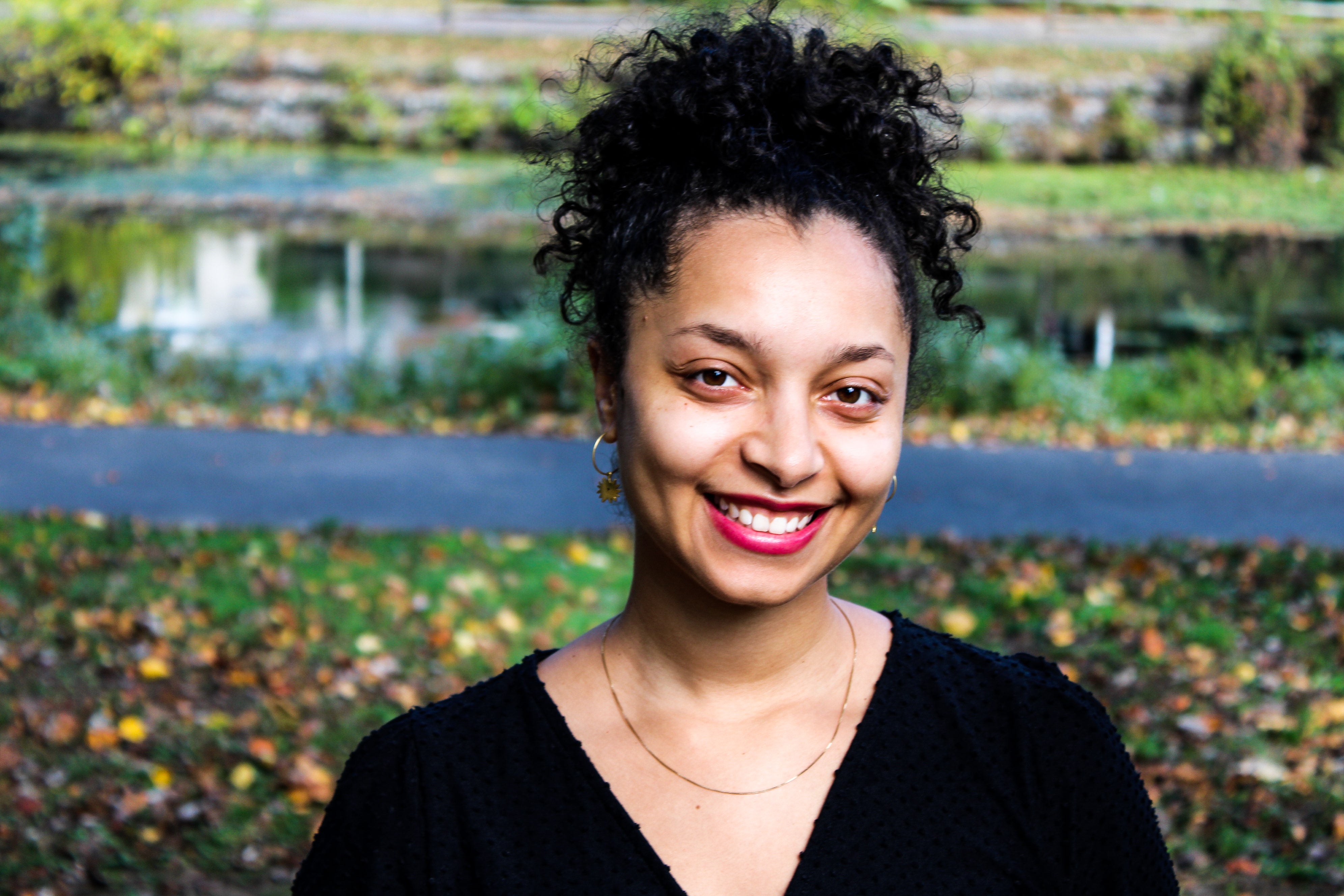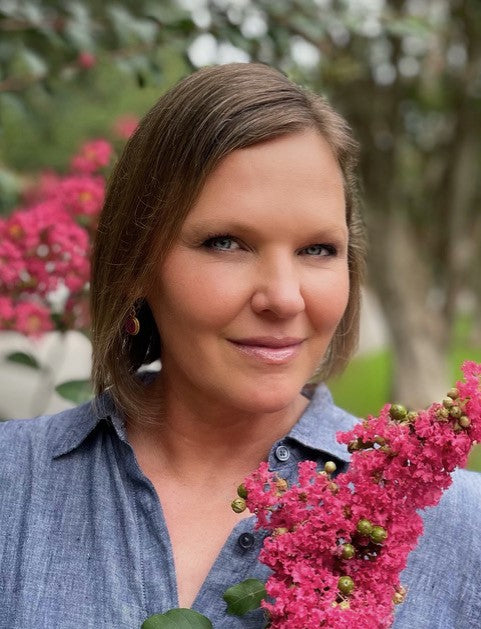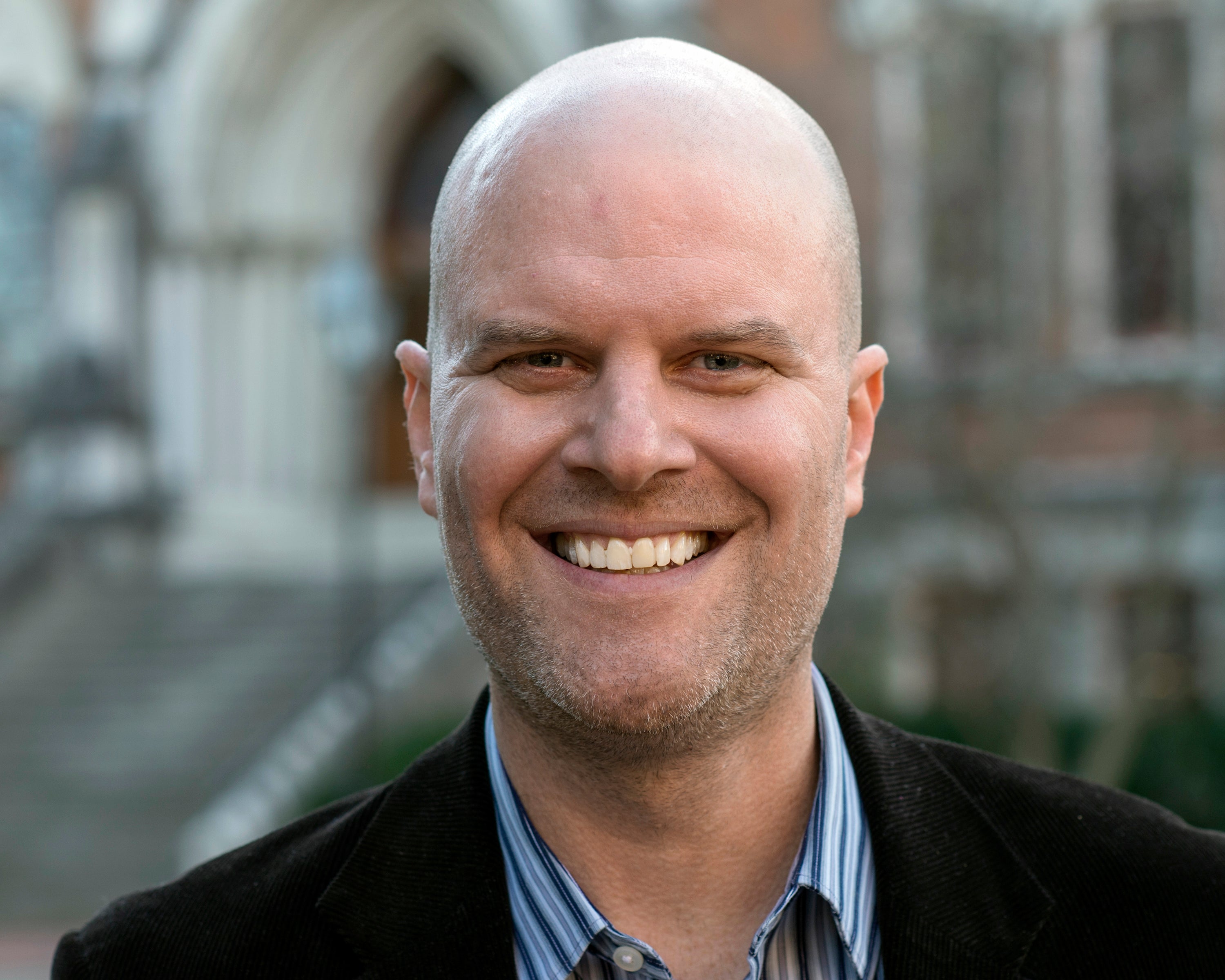Book: The Beauty of What Remains

Photos by Lesley Pedraza
Author: Rabbi Steve Leder
Author Bio:
Growing up, my childhood rabbis always seemed old and remote. Then, when I was fifteen years old I went to a Jewish summer camp where I was amazed by the fact that rabbis could be young, wear shorts and t-shirts and throw a baseball or shoot baskets. I also felt that these rabbis had some sort of secret knowledge and a very clear commitment to something in their lives. I admired that.
I grew up in a working-class family and knowing that rabbis were also highly educated was appealing to me. Add to all of that, that the one place my parents always supported my involvement was the youth activities and camping activities of my synagogue and it is not hard to see why I chose the path I did. I have also had a very keen urge to help other people, which of course, fits the profession pretty well too.
2. What is the biggest lesson you learned from death and how has it molded your perspective on life?
As simple as it sounds, the simplest lesson is how fleeting and finite time really is and that we ought to make the most of our blessed lives with the people we love.
3. What does the term Y.O.L.O (You Only Live Once) mean to you in relation to how one should live their life?
I often tell people that a great way to think about your life is to live as a good ancestor. We don't think of ourselves as ancestors when we are alive, but we are all going to be ancestors after we die. A very instructive question to ask while alive is, "Am I living as a good ancestor for the generations yet to come?" Most likely that will lead to a very meaningful life.
4. What was it about your father’s death that made you realize loss makes life beautiful?
There are so many things I appreciate now about my father since he has died that I under appreciated while he was alive. Additionally, his death has allowed my mind and my heart to round some of the sharp edges he had in life so that I can appreciate him even more now.
5. What is one piece of advice you would give someone that is currently going through a loss of a loved one?
Despite what some people say about stages of grief, I don't see it that way. Grief for me is non-linear. It is much more like waves and when a wave comes, it is best to lie down, let it wash over you, and float with it until you can stand again...and you will stand again...
6. How do you think this book will help readers’ relationship with God or whatever higher power they believe in?
I think the chapter in which I talk about the power of the 23rd Psalm and its metaphor of walking through the Valley of the Shadow of Death, will be helpful in the sense that people will be comforted that shadows do not mean that the light has gone out (God's light, the light of a loved one's soul) but that shadows are actually proof that the light still shines albeit obstructed by grief. Grief is painful, but also a reflection of the power and intensity of our love for another person that will always remain.
7. What made you want to write “The Beauty of What Remains” and where did your inspiration for this book come from?
One year before I wrote the book I delivered a sermon on the holiest eve of the Jewish Year about what being around so much death over my 30-year career had taught me about leading a more meaningful life. IT was extremely popular. One year to the day after I delivered that sermon, we buried my father.
The journey through my father's last stages of Alzheimer's and the experience of his actual death and mine as a mourner caused me to realize that some of what I had said a year earlier in that sermon was just one degree shy of the deepest truth. The book is my effort to bring us all that one degree deeper into the truths that death comes to teach us about leading a meaningful and beautiful life.
8. What do you hope readers take away from this book?
That they can survive loss and find great beauty in its aftermath that will sustain them and even inspire them to lead better, more meaningful lives.
9. What did you learn about yourself while writing “The Beauty of What Remains”?
The great value of reckoning with my feelings in the most serious and honest way.
10. The world has experienced much loss this past year due to COVID-19. Even though the virus is still present, how can the world begin to collectively grief?
First of all, I think we need to acknowledge the loss. There are many types of loss that are no less difficult for us than death. We have all lost our freedom, our optimism in the future, our sense of invulnerability, our jobs, our businesses, our human need and right to touch and hold and be held by the people we love, loss of faith in government.
When we grant ourselves the right to feel these losses as deaths of a certain sort, then we can begin to understand our sad feelings and begin to heal. We heal by reaching out to others to share our feelings. We heal by remembering that we have gotten through very difficult losses in the past and found our way back into the light. We heal with time...
11. What qualities should all great leaders process?
Authenticity and a real concern for others' wellbeing.
12. What’s your best advice for getting over writer’s block?
Stop writing after you work through a hard spot rather than before. I find it much easier to go back to the manuscript if I am at a place where I know what I want to do next. It is much harder to return to it to solve a problem. So, work through the problem before you stop for the day.
13. What’s the best book you have read this year so far?
A small. beautifully made volume of Leonard Cohen's poetry.
14. What’s the best advice you have ever received on happiness?
That it is elusive and therefore I should focus on being good rather than happy.
15. Do you plan on writing more books in the future?
I do. I am already working on a proposal for the next one!
Places To Find More From This Author:
Twitter: @steve_leder
Instagram: @steve_leder
Facebook: Steve Leder
Get Your Copy of The Beauty of What Remains Today!


